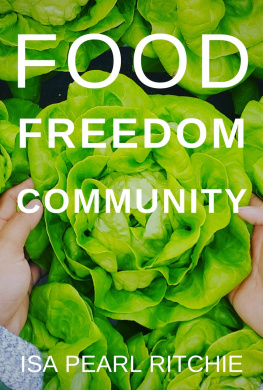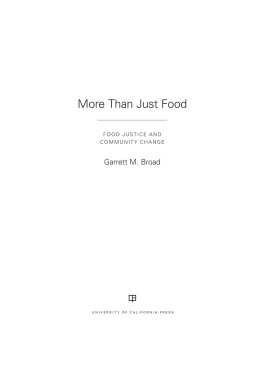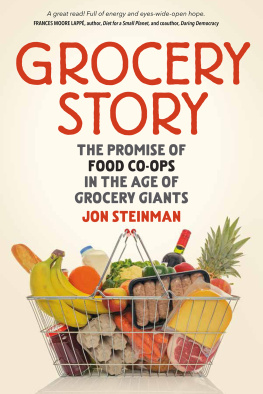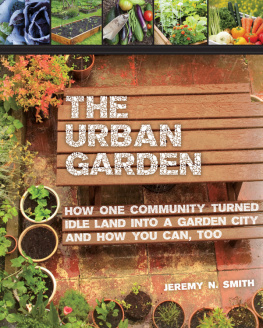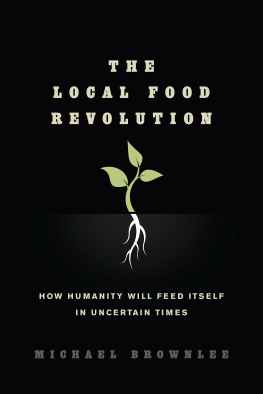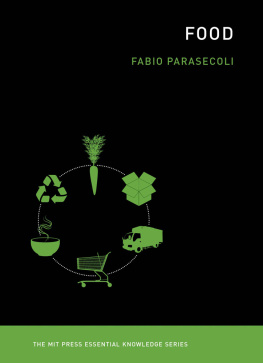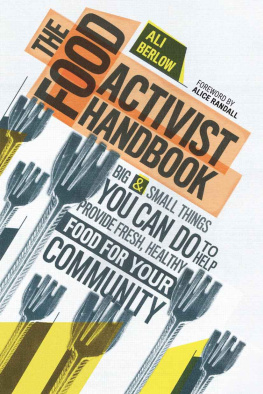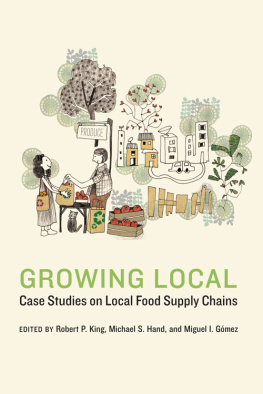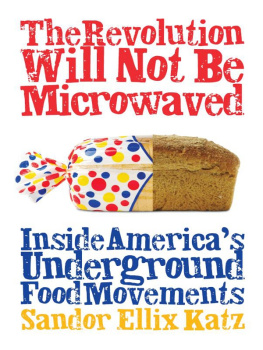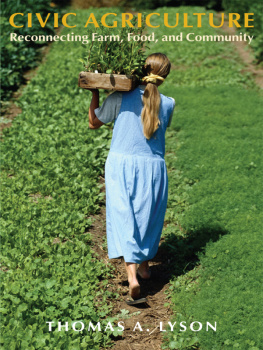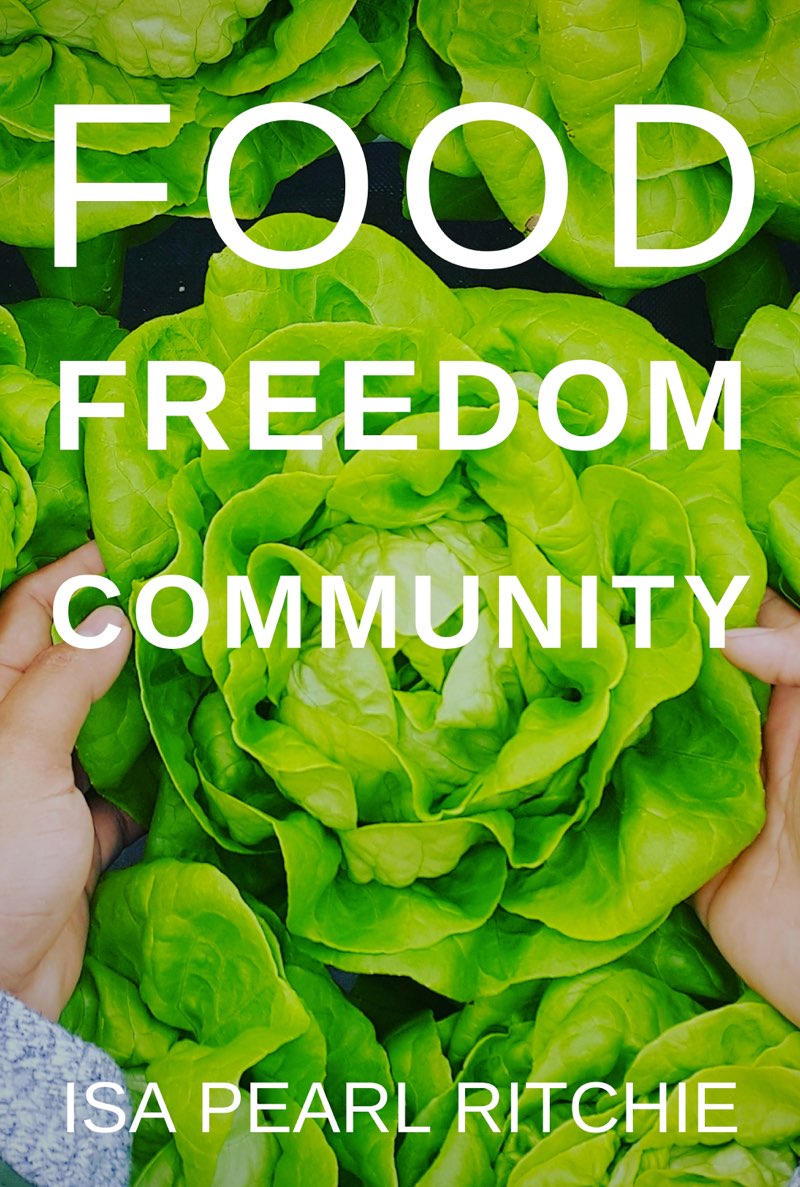Supermarket Culture
I stare at the packets
Bright colours
Meaningless labels: lite, original, new and improved, natural
And zone out
Hoping for enlightenment out of this surreal fluorescent hyper-reality
Nothing looks like food anymore
I take a picture of free range next to normal chicken breast at $10 less a Kilo
We can pay 75% more to feel better about our consumption
If we can afford it
And are enough or have enough guilt to need to alleviate it
I find a new pasta-like substance:
Low carb, made from a Japanese vegetable
And wonder if I still care enough today to try not to get type 2 diabetes later on
Supermarket
Culture
A parody
A spectacle of awful proportions and pre-packaged single-serve portions
Only humour can save me
Everything is so clean
But feels so dirty
I laugh out loud and talk to myself
Not caring about the breach of social rules
Strange looks only add to the amusement
I used to take this so seriously
Before I cracked like a free-range egg into an organic omelette
Before it became so ridiculously complex
To the point where I can only engage as comedy or bizarre meditation
Before I started thinking compulsively about poverty and privilege and powerlessness
I enjoy this aisle most of all
The packet sauces for your butter chicken or other ethnic cuisine
Full of stabilisers, spices, flavour enhancers
Which only imitate the joy of real flavour, real connection
I know too much
And now I dont see these packets as viable
Just a combination of things I could make a better hash of with cumin and an onion at home
I appreciate how utterly unlikely all this is
I buy fairtrade chocolate because its necessary
And dream of a better world where real food is normal
- Isa Pearl Ritchie, 2015
Local solutions and the power of authentic stories
Every time it rained, the harbour turned brown. The muck would stay there for months. Every time it rained farm animals would be caught up and swept into the harbour and rot. People became accustomed to that. You couldnt even collect shellfish. So Freddie put a flier up which said, Does anybody care that every time it rains the harbour turns brown? Fiona saw the note and gave him a ring. He said there was a survey which said that Whaingaroa Harbour was the worst for recreational fishing. It took eighteen hours to catch a single fish. He said I remember when we could go out and a family could catch a feed. I want to have that back again. For Fred the motivation was wanting to catch a fish, for Fiona it was wanting to sit on her deck and see sparkling water instead of brown.
Freddies flier didnt just attract the attention of recreational fishers or people who liked a nice view of the harbour, it also brought together local ecologists and activists, living in the Whaingaroa community. There were probably already a high proportion of such people in the area, drawn by the local history of activism lead by the legendary Tuaiwa Eva Rickard whose brave and powerful activism and community organising saw the early return of a significant section of land to the local indigenous people.
After Freddie put the flyer up, people came together and formed Whaingaroa Harbour Care in 1995. They got organised and began working to fence off and plant riparian lines to repair the freshwater systems that ran into the harbour. They planted well over a million trees. It took less than twenty years for the harbour to transform from one of the most polluted in the country, to one of the healthiest.
The harbour is now much better for recreational fishing, and that isnt the only outcome. People coming together to create Whaingaroa Harbour Care also lead to nuberous other community groups and powerful food activism, some of which is covered in this book.
Connection, alienation and paradox
These days whakapapa [ancestry]has been dumbed down to this simple notion of who your parents and great grandparents are but I reckon whakapapa is actually a fuller concept about the journey of all things through time and space. All things have whakapapa. A rock has whakapapa, snow has whakapapa, stars
-The Bro
What kinds of alternatives are possible in a food and agriculture system dominated by global corporations, where time and space are disconnected? (Hendrickson and Hefferman 2002, 347).
In 2002 activist anthropologist, David Graeber, commented that he found it hard to think of another time in history when such a wide gulf of disconnection between intellectuals and activists had ever previously existed (Graeber 2002). However, in the short stretch of time since the turn of the 20th century there has been a surge of intellectual activists. These include many of the key researchers and theorists presented in this book, among them Capra and Luisi (2014), Korten (2010), Shiva (2012) and the organic intellectuals of the food sovereignty movement as framed by Rose (2013). In recent years awareness has been building around myriad social, cultural, environmental and ethical problems with the global corporate food system noted by scholars such as Germov and Williams (2008), Mason and Singer (2006) and Curry (2011), and many others. Alongside this growing awareness, there is a noticeable emergence of a common vocabulary with the proliferation of words such as sustainability, eco-friendly, free-range, and organic, attributed to a rising political and social awareness.
Alongside this surge of activist research, contemporary grass-roots initiatives have emerged focussed on producing or redistributing food locally. These include new community gardening and land sharing initiatives, co-ops, food hubs and other means of distributing local food; as well as food foraging and public food production. Some scholars, including Holt-Gimenez and Patel (2009) consider these initiatives as part of a broader social movement towards food sovereignty. These are the subjects to which my attention has been drawn as researcher.
Globalising corporate capitalism can be perceived as a form of colonisation, achieved through overt and covert violence, disconnection and domination. The definition and connotations of capitalism are especially relevant here. Although the term capitalism was invented by socialists as a critique of an exploitative model of power relations, it seems to have appropriated its own term and transformed the meaning into something positive. This creates confusion, especially for those still using the word as a critique, when talking to people who are used to capitalism meaning something synonymous with freedom and the ability to buy and sell, to which the only alternative is a communist dictatorship.
The research that this book is based on takes a complex systems view, an ecological approach to understanding connectedness and complex situations (Capra and Luisi, 2014). This perspective rejects mechanistic ways of understanding the world that have become common under the dominant Western scientific approach as it is unable to grasp complexity enough to address the numerous multi-faceted crises humanity is facing.

